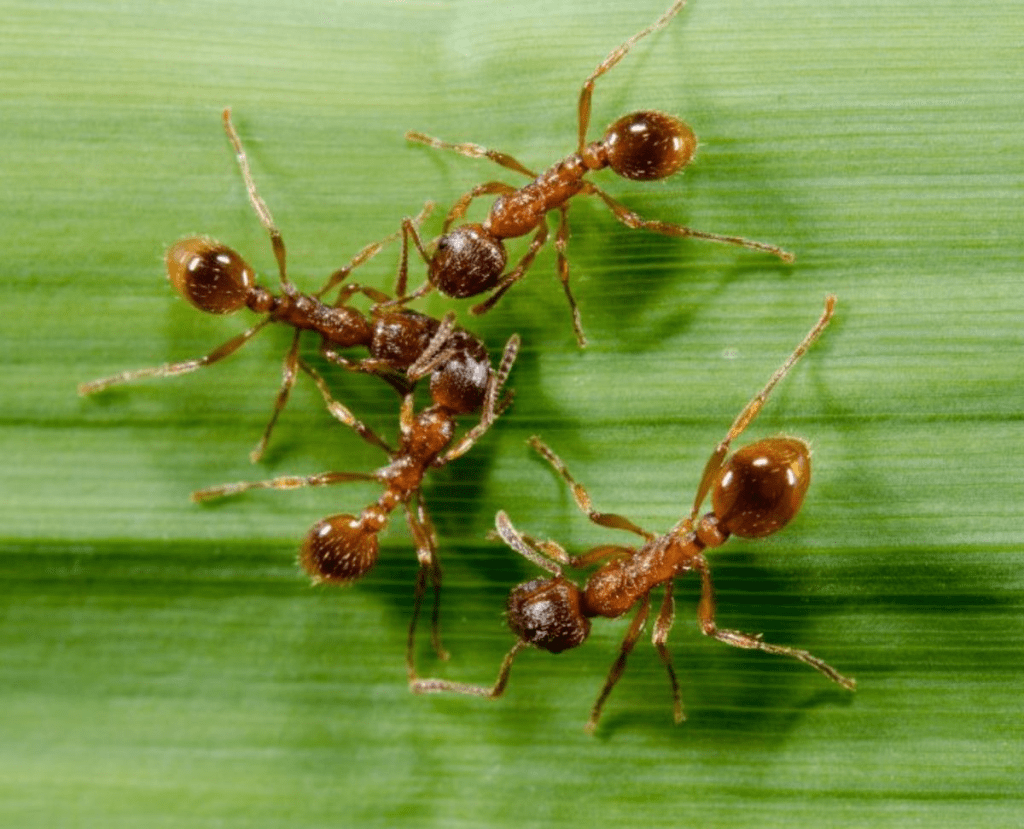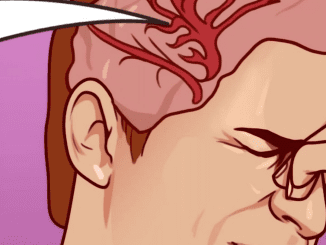Ants are an essential part of the ecosystem, helping with pollination and controlling other pests. However, when their population explodes, they can become a nuisance, damaging plants and creating unwanted trails throughout your garden. The good news? You don’t need harsh chemicals or toxic pesticides to keep them under control. Here are some natural, effective ways to eliminate ants while keeping your garden safe.

1. Use a Boric Acid and Sugar Bait
One of the most tried-and-true methods to eliminate ants is using a mixture of boric acid and sugar. The sugar attracts the ants, while the boric acid acts as a slow-acting poison that the worker ants carry back to their colony.
How to make it:
- Mix 1 teaspoon of boric acid with 3 tablespoons of sugar.
- Add water to create a paste or syrupy consistency.
- Place small amounts near ant trails but away from pets and children.
Be patient—this method takes time, but it’s effective in eliminating entire colonies.
2. Make a Natural Pipe Tobacco Tea Repellent
A lesser-known but powerful solution is pipe tobacco tea. The nicotine in tobacco is toxic to ants and can act as a natural insecticide.
How to use it:
- Soak pipe tobacco in water overnight.
- Strain the liquid and discard the tobacco.
- Pour the tea directly onto ant hills and trails.
Be cautious when handling the tobacco tea, as nicotine can be harmful if absorbed through the skin.
3. Create a Baby Powder Barrier
Ants rely heavily on scent trails to navigate. Baby powder disrupts these trails, making it difficult for them to find their way back to food sources.
How to apply it:
- Sprinkle baby powder in a thick line around the base of plants or ant entry points.
- Reapply after heavy rain or watering.
This method won’t kill the ants, but it will deter them from reaching certain areas.
4. Use Cornmeal as a Slow-Acting Ant Killer
Cornmeal is a simple yet effective way to reduce ant populations. Ants are naturally drawn to it, but they can’t digest it properly, leading to starvation.
How to apply it:
- Sprinkle dry cornmeal around the garden, especially near anthills.
- Be patient—it takes time for the ants to consume enough to see results.
Cornmeal is completely non-toxic to humans and pets, making it a safe option for organic gardeners.
5. Spray a Vinegar and Water Solution

Vinegar is a natural insect deterrent due to its strong smell and acidity. It disrupts ant trails and can kill ants on contact.
How to use it:
- Mix equal parts white vinegar and water in a spray bottle.
- Spray the solution around plants, ant trails, and entry points.
- Avoid spraying directly onto delicate vegetable plants, as vinegar can burn leaves.
6. Sprinkle Diatomaceous Earth (DE) for Long-Term Control
Diatomaceous earth is a fine powder made from fossilized aquatic organisms. While harmless to humans and pets, it has microscopic sharp edges that cut through an ant’s exoskeleton, causing dehydration.
How to apply it:
- Use food-grade diatomaceous earth.
- Sprinkle a thin layer around ant hills, plant bases, and known trails.
- Reapply after rain or heavy watering.
DE is one of the most effective natural pest control methods, but it works best when dry.
7. Repel Ants with Cinnamon or Cayenne Pepper

Spices like cinnamon and cayenne pepper act as powerful natural deterrents. While they won’t kill ants, they create a barrier that ants refuse to cross.
How to use them:
- Sprinkle cinnamon or cayenne pepper along garden beds and entry points.
- Repeat the process after rain or if the powder gets washed away.
For extra strength, mix cinnamon essential oil with water and spray around problem areas.
8. Control Aphids to Remove the Ants’ Food Source
Many ants are attracted to gardens because of aphids, tiny insects that feed on plant sap and excrete a sugary substance called honeydew. This acts as a food source for ants, keeping them around.
How to control aphids:
- Spray plants with a mixture of water and dish soap to kill aphids.
- Introduce ladybugs to your garden, as they naturally feed on aphids.
- Regularly inspect plants and remove aphids by hand when necessary.
By reducing the aphid population, you eliminate the ants’ primary reason for sticking around.
Final Thoughts: Keep Ants Under Control Without Harming Your Garden
Ants don’t have to be a nightmare in your garden. With natural remedies like boric acid, diatomaceous earth, vinegar sprays, and simple barriers like baby powder or cinnamon, you can manage them effectively—without resorting to harmful pesticides.
The key is consistency. Keep applying these methods, monitor ant activity, and make adjustments as needed. Over time, you’ll create a garden environment that’s unappealing to ants while remaining safe for plants, pets, and beneficial insects. Happy gardening!


